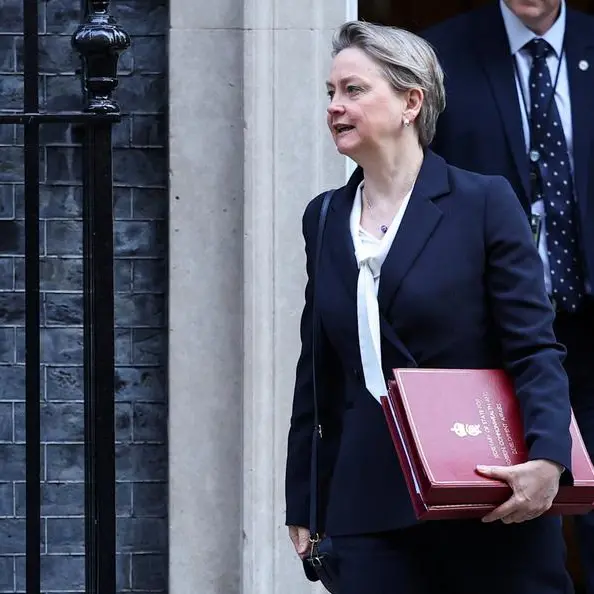PHOTO
LONDON - Britain's regulators must push ahead with applying their new post-Brexit remit to help keep the country's financial sector globally competitive, industry officials said on Thursday.
After Britain's departure from the European Union, the government has come under pressure to maintain London's position as a globally competitive financial centre by reforming financial rules inherited from the bloc.
Many of the changes will be introduced under the new Financial Services and Markets law, which received royal assent on Thursday, giving regulators powers to amend rules.
In particular, the law gives the Financial Conduct Authority and Bank of England a remit to ensure that their rules facilitate global competitiveness and economic growth.
"This now needs to be matched by an equally ambitious response to promoting the growth agenda from our regulators," Bruce Carnegie-Brown, chair of the Lloyd's of London insurance market told TheCityUK's annual conference.
Brown, who is also chair of TheCityUK's leadership council, said financial reforms underway will have to drive a change in mindset towards more bold and confident moves.
Carnegie Brown said regulators need to make sure that their actions are proportionate to the size of the firm. He cited cash in pension funds which needed unlocking to invest in the economy as another example of aiding growth.
City of London policy chief Chris Hayward said the new objectives for regulation must lead to changes in culture, training, regulation, supervision, metrics and accountability.
"What gets measured gets done, so it's important that the regulators have clear and appropriate targets and objectives," Hayward said in a statement.
Critics of the new objectives have warned against easing rules to attract business to London, but the government has said it will maintain high, international standards.
Sheldon Mills, the FCA's executive director for competition said that it welcomes its new mandate.
"We have worked towards this, and we are ready to operationalise it through our regulatory work," Mills said.
(Reporting by Huw Jones; Editing by Alexander Smith)





















